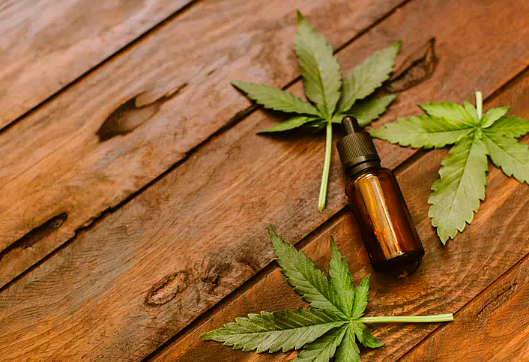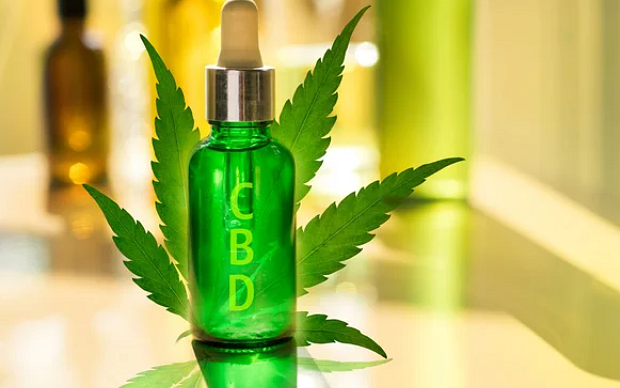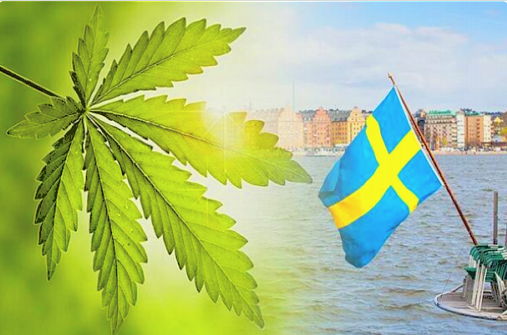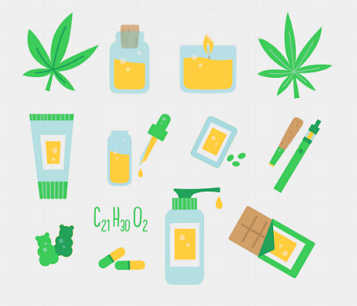CBD Oil, the panacea, the wunderkind, the latest craze, the gift of the gods; CBD Oil and a mountain of monikers are everywhere you look nowadays. But what really is CBD Oil, where does it come from and how is it made? Let’s take a look at the process from root to fruit so that you have a better understanding upon which to draw your own conclusions and base your own opinions.
For CBD to be legally sold and meet regulatory standards the CBD must be extracted from ‘industrial hemp’ that is grown legally in Europe and the US. This is cultivated from seeds that contain less than 0.3% THC as per EU regulations. Instead of THC, these plants are grown and nurtured so that they contain high levels of CBD. It is from this basis that all CBD Oil on the market begins its journey.
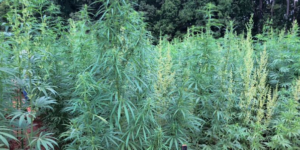 In a nutshell, CBD oil is made by harvesting mature flowering hemp crops, chock-full of resin-rich in cannabinoids and terpenes and separating the large organic plant-matter from its essential phytochemical compounds.
In a nutshell, CBD oil is made by harvesting mature flowering hemp crops, chock-full of resin-rich in cannabinoids and terpenes and separating the large organic plant-matter from its essential phytochemical compounds.
There are a few different methods used to isolate the resin from the large organic plant material. Let’s take a look at the method we use of obtaining this resin which will then be refined into oil, as we feel it’s the cleanest, provides the best results, and is the best for our environment, our workers, and most particularly you, the people all this process is leading to.
Generally speaking, any commercial CBD extraction technique will require the use of solvents. These solvents are important because they’re highly efficient in separating the CBD molecule from the other compounds found in the cannabis plant, and in purifying the solution. Afterwards, the solvent evaporates, leaving behind only pure CBD Oil.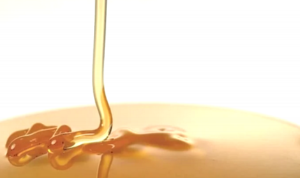
The CBD extraction starts with ‘supercritical CO2 extraction’, in which pressurized carbon dioxide (CO2) is used to pull the entire profile of cannabinoids, waxes, fats and terpenes from the hemp plant. This CO2 extraction process doesn’t require any solvents, which means it’s a very clean process. The supercritical CO2 extraction results in a full-spectrum extract, from which the cannabinoids will be refined further to create CBD isolates.
This method uses a closed-loop extractor, a system for extracting essential oils for perfumes, as well as creating food additives. The hemp is placed in a chamber which is then filled with carbon dioxide. By applying pressure to the chamber, the carbon dioxide is turned to liquid, which then absorbs the hemp’s oils and flavours. The end result is a liquid consisting of both carbon dioxide and CBD. This liquid is then pumped into a final chamber where the carbon dioxide is turned into gas.
By using distillation methods, all controlled substances – including THC and other unwanted compounds – are removed from the crude oil to leave a broad-spectrum hemp extract that’s free of THC. Next, as so desired, the extract is further refined to a pure CBD isolate through an isolation process called reverse chromatography (RC). RC totally isolates the CBD with hardly any contaminations, ensuring that the CBD oil you buy contains 99.9% pure CBD.
HPLC stands for High Performance Liquid Chromatography, and is a technique used to separate different constituents of a compound or mixture using high pressure to push solvents through the column. In the next stage of the process we use the HPLC technique to identify, quantify and separate components of a mixture or compound. This is done to the final Hemp Oil to ensure quality and determine exact values of the constituent molecules so that the CBD content can be determined.
The final steps of flavour formulation, and then independent testing by a third-party laboratory ensures that the product you receive is not only of the highest quality but also that this beneficial oil continues its process of renewability. To read lab results concerning testing and procedures please see the labz tab at the top of the page.
CBD: THE OIL THAT'S RENEWABLE
